Hibiscus Tea Benefits: 10 Science-Backed Ways To Boost Health
Brew vitality sip by sip and discover the magic of hibiscus tea for your health
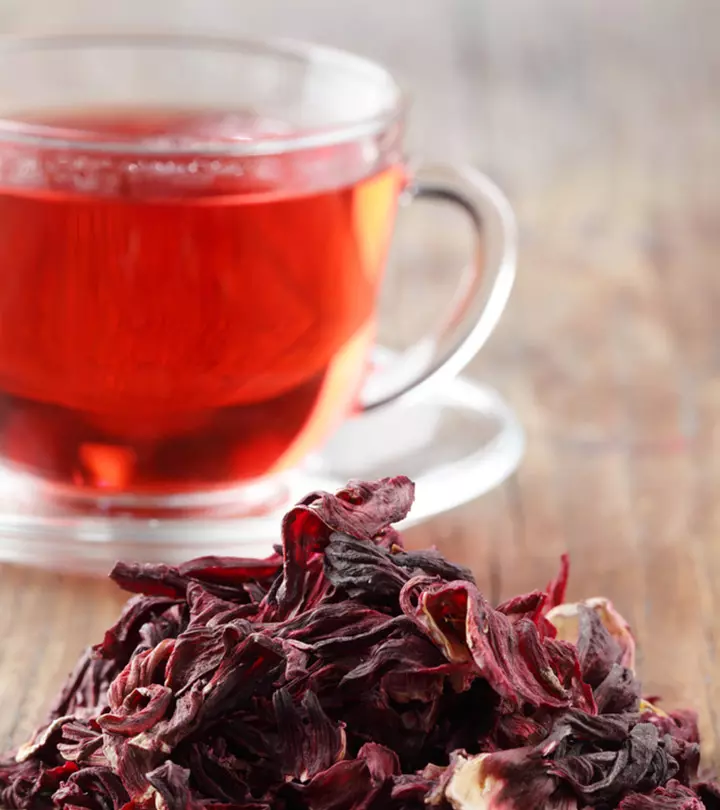
Image: Shutterstock
Hibiscus tea is an herbal beverage with several medicinal values. It is made from the dried petals of the Hibiscus sabdariffa flowers native to Africa. The benefits of hibiscus tea can be attributed to its polyphenolic compounds, antioxidants, and flavonols. These may help treat many ailments. The tea is also said to possess anti-inflammatory properties that help fight against inflammation and reduce the risk of liver problems.
Here, we understand the potential health benefits of hibiscus tea, nutrition facts, its preparation process, and the possible risks associated with it. Keep reading.
In This Article
Hibiscus Tea Nutrition
According to the U.S. Department of Agriculture, 8 fl oz of brewed hibiscus tea contains (1):
| Water | 236 g |
| Calories | 0 |
| Calcium | 19 mg |
| Iron | 0.19 mg |
| Magnesium | 7.11 mg |
| Phosphorous | 2.37 mg |
| Potassium | 47.4 mg |
| Sodium | 9.48 mg |
| Zinc | 0.095 mg |
| Manganese | 1.13 mg |
| Niacin | 0.095 mg |
| Folate | 2.37 µg |
| Choline | 0.948 mg |
Hibiscus tea also contains antioxidants that protect the cells from free radical damage and have shown to help prevent and treat many diseases in animal studies (2).
 Trivia
TriviaWhat are the health benefits of drinking hibiscus tea? Scroll down to know in detail.
Key Takeaways
- Hibiscus tea contains minerals, like potassium, calcium, and sodium, along with vitamins like niacin and folate.
- It offers many health benefits such as decreasing blood pressure and cholesterol levels and improving liver health.
- High doses of hibiscus tea may cause liver damage. And, since it lowers blood pressure, it should be avoided by anyone with hypotension.

Health Benefits Of Hibiscus Tea
1. May Help Lower Blood Pressure
High blood pressure is directly linked to an increased risk of heart disease. The 2025 National Health and Nutrition Examination Survey (NHANES) report combined data from 2017 to March 2025 and highlighted key findings on hypertension prevalence in the United States. Among adults, hypertension rates increased with age, with figures at 23.4% for ages 18-39, 52.4% for 40-59, and 74.1% for individuals aged 60 and over. Notably, non-Hispanic black adults exhibited the highest rates (56.9%), surpassing other racial groups.
However, studies suggest that taking hibiscus tea daily may help lower blood pressure. Pre- and mildly-hypertensive adults who consumed 8 ounces (720 ml) of hibiscus tea daily for six weeks showed beneficial effects (3).
A review published in the Journal of Advanced Pharmaceutical Technology and Research suggests that hibiscus tea may lower blood pressure in patients with stage 1 hypertension (4). Besides, it may also lower systolic and diastolic blood pressure (5). However, more studies are warranted to understand this benefit of hibiscus tea.
2. May Help Reduce Cholesterol Levels
The intake of hibiscus tea may help reduce LDL (bad) cholesterol and triglyceride levels besides increasing HDL (good) cholesterol values (6). In a study, 60 people with diabetes were asked to drink hibiscus or black tea twice a day for a month. Individuals who drank hibiscus tea showed a significant rise in HDL cholesterol levels and a dip in LDL cholesterol and triglyceride values (7).
3. May Improve Liver Health
The antioxidants and flavonoids in hibiscus extracts may help improve liver health (8). Hibiscus anthocyanins (Has), which are the natural pigments available in dried hibiscus flowers, were found to reduce the incidence of liver lesions in rats (9). A study also found that hibiscus extracts may help prevent fat accumulation and treat fatty liver disease in rats (10).
The ethanolic extracts of hibiscus leaves and calyces (a part of the flower) contain polyphenols and flavonoids. These compounds possess antioxidant and anti-hyperlipidemic (cholesterol-lowering) effects (11). Besides, the dried hibiscus flowers have antioxidant effects that may help prevent liver fibrosis (formation of large scar tissue in the liver) (12).
4. May Help Reduce The Risk Of Cancer
Hibiscus extracts possess chemopreventive properties and are used in cancer treatment (13). They may suppress and reverse the carcinogenic process besides inducing apoptosis (death of cancer cells) ( 14). A study conducted by Chung Shan Medical University (Taiwan) also found that polyphenol-rich hibiscus extracts may help induce apoptosis in patients with gastric cancer (15). Besides, a review published in the Journal of Traditional and Complementary Medicine suggests that hibiscus extracts prevent the growth of cells that cause skin cancer (16).
5. May Promote Weight Loss
The polyphenols in Hibiscus sabdariffa may regulate energy and lipid metabolism and help with weight loss (17). For example, the oral administration of Hibiscus sabdariffa’s aqueous extract (120 mg/kg/day) for 60 days showed weight-loss effects in obese mice (18). In addition, a study conducted by Chung-Shan Medical University (Taiwan) found that hibiscus extracts may help reduce abdominal fat and obesity in rats (10).
Insufficient Evidence For
6. May Act against Bacterial Infections
The methanol extracts of Hibiscus sabdariffa exhibit antibacterial properties and have therapeutic potential. These extracts can be used against disease-causing bacteria like B. subtilis, S. aureus, and E. coli. Of all, the water extract of hibiscus strongly inhibited E. coli (which causes diarrhea, urinary tract infections, respiratory illness and pneumonia, and other illnesses) (19), (20), (21).
7. May Help Control Blood Sugar Levels
A study suggests that the H. rosasinensis petals present in hibiscus tea may lower glucose levels in the blood. The findings also show that this tea may be an effective option to manage diabetes (22). Moreover, taking 150 ml of hibiscus tea thrice a day for four weeks was shown to decrease insulin resistance (23).
8. May Reduce Inflammation
Additional oxygen intake during intense exercise may increase oxidative stress. However, the flavonoids and polyphenols in hibiscus tea have anti-inflammatory properties, which were found to reduce oxidative stress in male athletes (24). Hibiscus sabdariffa was also proven to protect against neuroinflammation and improve memory function in rats (25 ).
9. May Provide Glowing Skin
Abundant in antioxidants, plants such as hibiscus have been used for their antioxidant benefits for centuries. Research has shown that it may help combat free radicals, minimize oxidative stress, and prevent premature aging (26).
10. May Keep Your Teeth Healthy
Research has indicated that extracts of hibiscus may contain potential antibacterial activity against human pathogens that are responsible for diseases (27). While more research is required to extend the same thesis to oral and dental well-being, anecdotal evidence suggests its natural compounds may inhibit plaque growth and promote gum health. Consuming the tea with some mint and honey may also help you keep your breath fresh.
Does excess intake of hibiscus tea pose any risks? Can pregnant and lactating women consume it? We answer these questions in the following section.
Side Effects Of Hibiscus Tea
Consuming hibiscus tea in moderation is generally considered safe. However, taking it in high doses may potentially contribute to liver damage (28). Besides, a study conducted by the University of Nigeria found that hibiscus extracts may interact with hydrochlorothiazide (a diuretic drug) (29).
As stated, hibiscus tea helps lower blood pressure in hypertensive individuals. Hence, one must avoid drinking this tea if they have low blood pressure. The safety of hibiscus tea in pregnant and lactating women has not been established. Hence, these women are advised to consult their doctor before consuming it.
How to prepare hibiscus tea at home? What ingredients do you need? Continue reading to know the answers.
How To Make Hibiscus Tea?
What You Need
- Dried hibiscus flowers – 2 teaspoons
- Water – 1 cup
- Teabag – Optional
- Cinnamon stick – Optional
- Lime wedges – Optional
- Clove, ginger, and mint leaves – Optional
Process
- Boil the water and add the dried hibiscus flowers.
- Transfer into a teapot once the concoction is boiled.
- Drop in a teabag if you want to add caffeine to your tea.
- Allow it to steep for five minutes. While you wait, the hibiscus flowers will give the water a sharp, zingy taste. Allow to steep for more than 5 minutes if you wish your tea to be strong.
- Add your preferred sweetener to the beverage.
- Pour the tea into your cup using a metal strainer. Some people don’t prefer to strain hibiscus petals as they like to chew them. You can try that as well.
 Pro Tip
Pro TipSridevi Ravishankar, a blogger, shared her experience of preparing hibiscus tea. She used hibiscus flowers that were dried for 2 days. She wrote, “It tastes good with the maple and lime flavors. A pinch of salt would kick it up a notch. I would definitely call it a refreshing, health tonic (i).”
What is the recommended intake of hibiscus? Is it the same for everyone? Let’s understand in the following section.
How Much Hibiscus Tea Should You Drink?
As stated, a moderate intake of hibiscus tea has many health benefits. Its recommended intake to lower blood pressure levels may vary from person to person. It highly depends on your weight, age, and health status. However, taking three cups of hibiscus tea a day is generally considered safe and helps reduce hypertension.
Hibiscus tea is an herbal tea with a tart flavor. It is rich in antioxidants and polyphenols that help treat many diseases. Hibiscus tea benefits your health in many ways. The intake of this herbal beverage may help lower blood pressure, reduce cholesterol levels, improve liver health, minimize the risk of cancer, decrease inflammation, and promote weight loss. However, excess consumption of this tea may cause liver damage. In addition, people with low blood pressure should avoid its intake as it may lower it way too much. Consume it in moderation to avoid its side effects.
Frequently Asked Questions
Is hibiscus tea better than green tea?
Yes. Hibiscus tea has more antioxidants than green tea and doesn’t have any caffeine. It has a tart taste (like cranberries) and that is why many people prefer it over green tea.
Does hibiscus tea increase estrogen?
A study found that the extract of Hibiscus flowers led to abnormal estrous cycles in mice due to increased estrogen production and hormonal imbalance (30). While there is no proof that hibiscus will show similar effects in humans, it is better to avoid it and consult a doctor before consuming hibiscus tea.
Take a look at this video to uncover the benefits of hibiscus tea that could positively impact your health. It shares some valuable insights into the lesser-known advantages of this refreshing beverage.
Personal Experience: Source
StyleCraze's articles are interwoven with authentic personal narratives that provide depth and resonance to our content. Below are the sources of the personal accounts referenced in this article.
(i). Hibiscus tea/Health drinkhttps://coconutcraze.wordpress.com/2015/08/11/hibiscus-teahealth-drink/References
Articles on StyleCraze are backed by verified information from peer-reviewed and academic research papers, reputed organizations, research institutions, and medical associations to ensure accuracy and relevance. Read our editorial policy to learn more.
- Beverages, tea, hibiscus, brewed
https://fdc.nal.usda.gov/fdc-app.html#/food-details/171946/nutrients - Antioxidant and drug detoxification potentials of Hibiscus sabdariffa anthocyanin extract
https://pubmed.ncbi.nlm.nih.gov/21314460/ - Hibiscus sabdariffa L. tea (tisane) lowers blood pressure in prehypertensive and mildly hypertensive adults
https://pubmed.ncbi.nlm.nih.gov/20018807/ - Effect of hibiscus sabdariffa on blood pressure in patients with stage 1 hypertension
https://www.ncbi.nlm.nih.gov/labs/pmc/articles/PMC6621350/ - Effect of sour tea (Hibiscus sabdariffa L.) on arterial hypertension: a systematic review and meta-analysis of randomized controlled trials
https://pubmed.ncbi.nlm.nih.gov/25875025/ - Hibiscus sabdariffa L. in the treatment of hypertension and hyperlipidemia: a comprehensive review of animal and human studies
https://www.ncbi.nlm.nih.gov/labs/pmc/articles/PMC3593772/ - Effects of sour tea (Hibiscus sabdariffa) on lipid profile and lipoproteins in patients with type II diabetes
https://pubmed.ncbi.nlm.nih.gov/19678781/ - Anti-hepatotoxic activities of Hibiscus sabdariffa L. in animal model of streptozotocin diabetes-induced liver damage
https://www.ncbi.nlm.nih.gov/labs/pmc/articles/PMC4131030/ - Protective effect of Hibiscus anthocyanins against tert-butyl hydroperoxide-induced hepatic toxicity in rats
https://pubmed.ncbi.nlm.nih.gov/10762726/ - Antioxidant and antihyperlipidemic activity of Hibiscus sabdariffa Linn. leaves and calyces extracts in rats
https://pubmed.ncbi.nlm.nih.gov/19382724/ - Antioxidant and antihyperlipidemic activity of Hibiscus sabdariffa Linn. leaves and calyces extracts in rats
https://pubmed.ncbi.nlm.nih.gov/19382724/ - The protective effects of Hibiscus sabdariffa extract on CCl4-induced liver fibrosis in rats
https://pubmed.ncbi.nlm.nih.gov/16176854/ - Antitumoral Effect of Hibiscus sabdariffa on Human Squamous Cell Carcinoma and Multiple Myeloma Cells
https://pubmed.ncbi.nlm.nih.gov/27618152/ - Chemopreventive properties of Hibiscus sabdariffa L. on human gastric carcinoma cells through apoptosis induction and JNK/p38 MAPK signaling activation
https://pubmed.ncbi.nlm.nih.gov/17145051/ - Hibiscus polyphenol-rich extract induces apoptosis in human gastric carcinoma cells via p53 phosphorylation and p38 MAPK/FasL cascade pathway
https://pubmed.ncbi.nlm.nih.gov/15791651/ - Components in aqueous Hibiscus rosa-sinensis flower extract inhibit in vitro melanoma cell growth
https://www.ncbi.nlm.nih.gov/labs/pmc/articles/PMC5198834/ - Multi-Targeted Molecular Effects of Hibiscus sabdariffa Polyphenols: An Opportunity for a Global Approach to Obesity
https://www.ncbi.nlm.nih.gov/labs/pmc/articles/PMC5579700/ - Effect of Hibiscus sabdariffa on obesity in MSG mice
https://pubmed.ncbi.nlm.nih.gov/17765418/ - Antibacterial efficiency of the Sudanese Roselle (Hibiscus sabdariffa L.) a famous beverage from Sudanese folk medicine
https://pubmed.ncbi.nlm.nih.gov/27104041/ - Physicochemical properties and antimicrobial activity of Roselle (Hibiscus sabdariffa L.)
https://pubmed.ncbi.nlm.nih.gov/23749748/ - E. coli (Escherichia coli)
https://www.cdc.gov/ecoli/about/index.html - Hibiscus rosa-sinensis L. (red Hibiscus) Tea, Can It Be Used as A Home-Remedy to Control Diabetes and Hypercholesterolemia?
https://www.researchgate.net/publication/354604027_Hibiscus_rosa-sinensis_L_red_Hibiscus_Tea_Can_It_Be_Used_as_A_Home-Remedy_to_Control_Diabetes_and_Hypercholesterolemia - The Effect of Green Tea versus Sour Tea on Insulin Resistance Lipids Profiles and Oxidative Stress in Patients with Type 2 Diabetes Mellitus: A Randomized Clinical Trial
https://pubmed.ncbi.nlm.nih.gov/25242840/ - The Effect of Green Tea and Sour Tea (Hibiscus sabdariffa L.) Supplementation on Oxidative Stress and Muscle Damage in Athletes
https://pubmed.ncbi.nlm.nih.gov/27736246/ - Mechanisms of Action of Nutritionally Rich Hibiscus sabdariffa’s Therapeutic Uses in Major Common Chronic Diseases: A Literature Review
https://pubmed.ncbi.nlm.nih.gov/33507846/ - Plant-Derived Antioxidants: Significance in Skin Health and the Ageing Process
https://www.ncbi.nlm.nih.gov/pmc/articles/PMC8776015/ - In vitro antibacterial activity of Hibiscus rosa-sinensis flower extract against human pathogens
https://www.ncbi.nlm.nih.gov/pmc/articles/PMC3609315/ - Hibiscus sabdariffa L. in the treatment of hypertension and hyperlipidemia: a comprehensive review of animal and human studies
https://www.ncbi.nlm.nih.gov/labs/pmc/articles/PMC3593772/ - Herb-drug interaction between the extract of Hibiscus sabdariffa L. and hydrochlorothiazide in experimental animals
https://pubmed.ncbi.nlm.nih.gov/21480802/ - Effect of benzene extract of Hibiscus rosa sinensis on the estrous cycle and ovarian activity in albino mice
https://pubmed.ncbi.nlm.nih.gov/9255415/
Read full bio of Gabrielle Kane
Read full bio of Sindhu Koganti
Read full bio of Ravi Teja Tadimalla
Read full bio of Moksha Gandhi





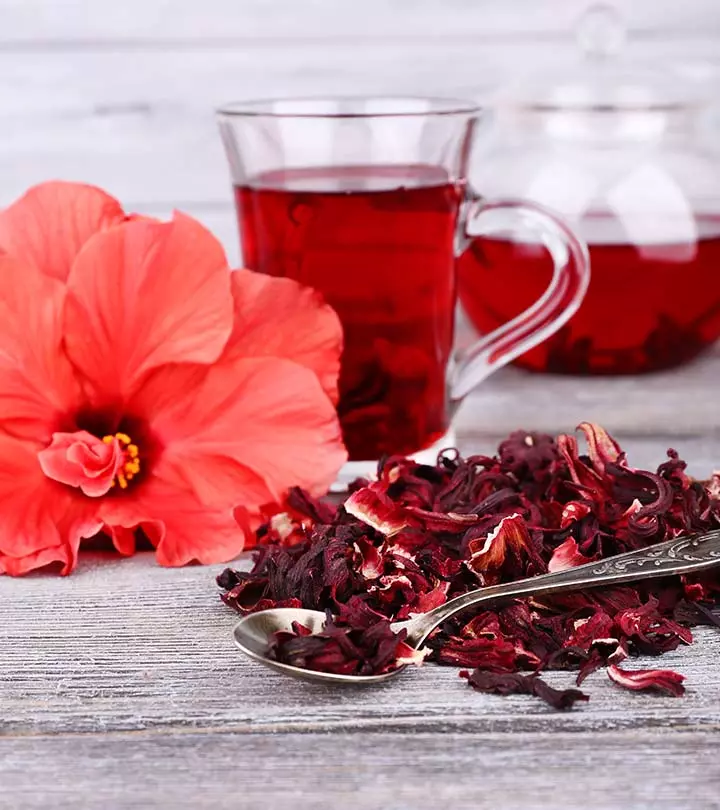
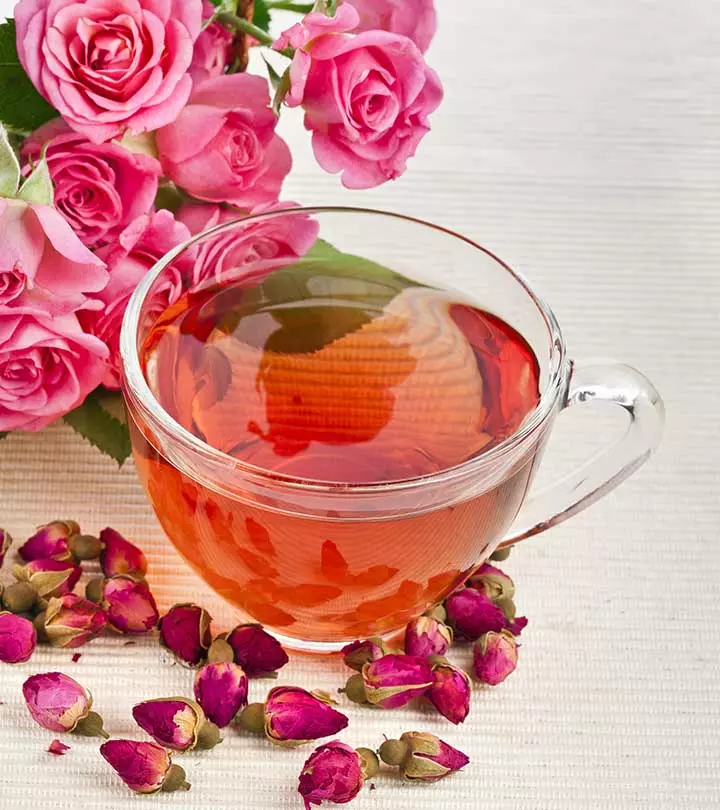
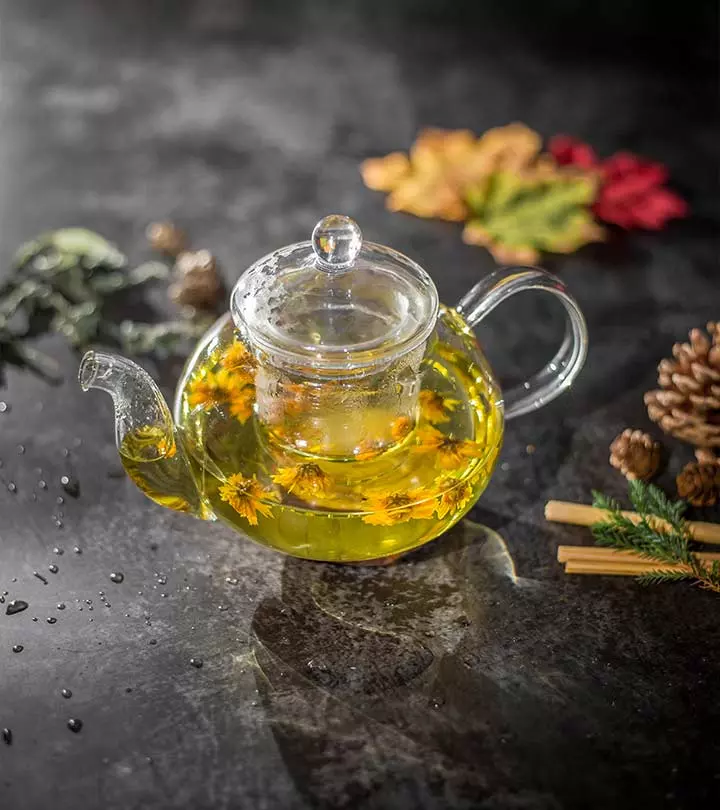
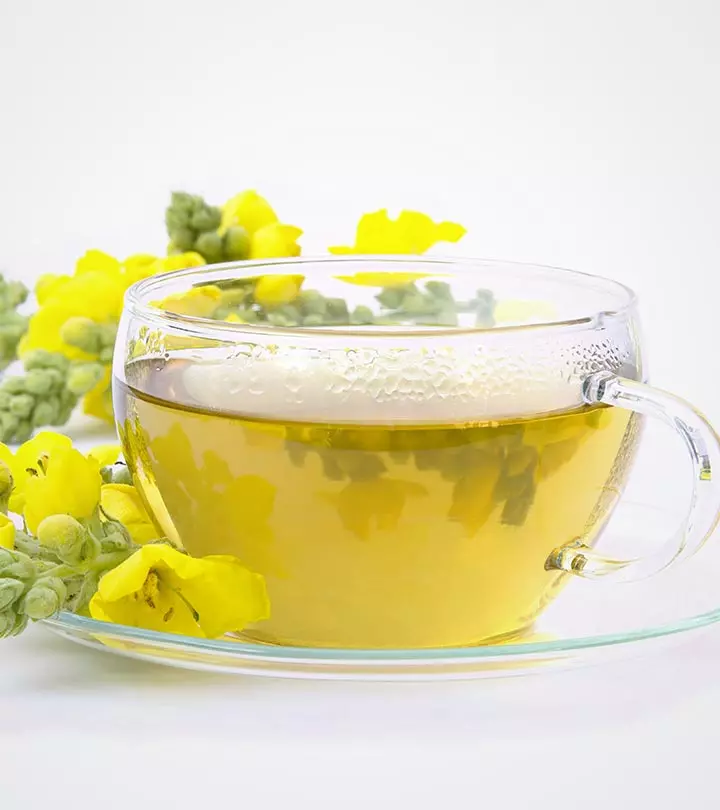
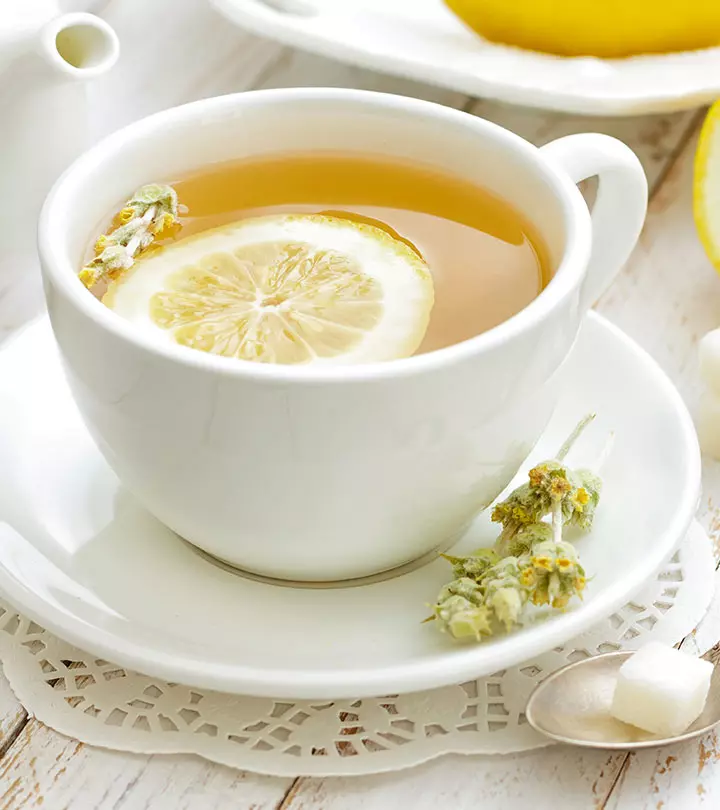
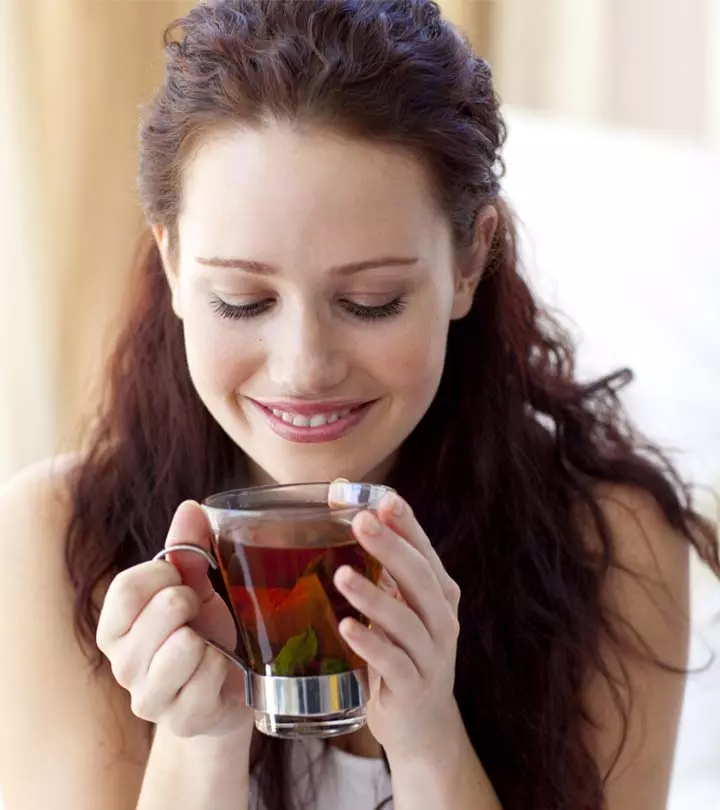
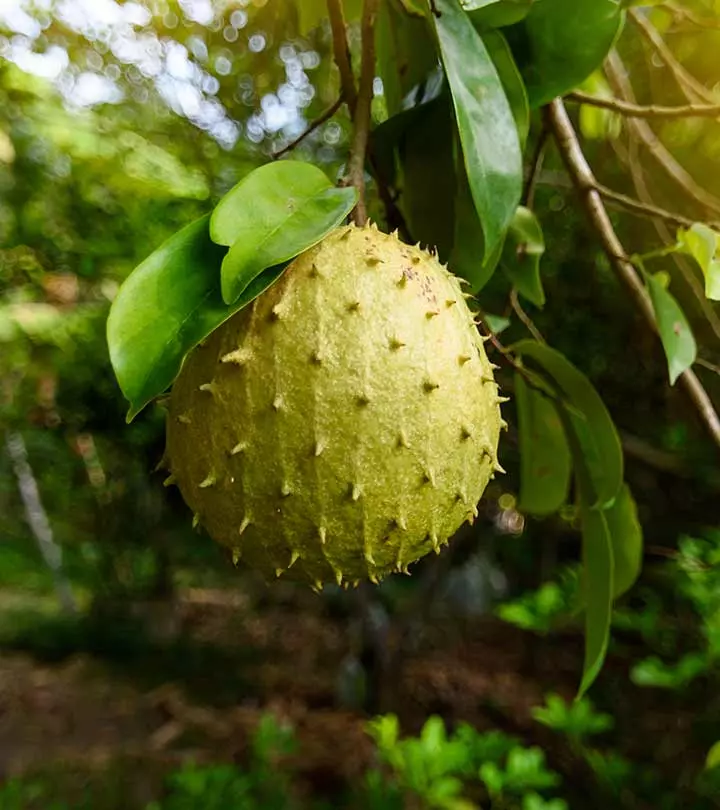
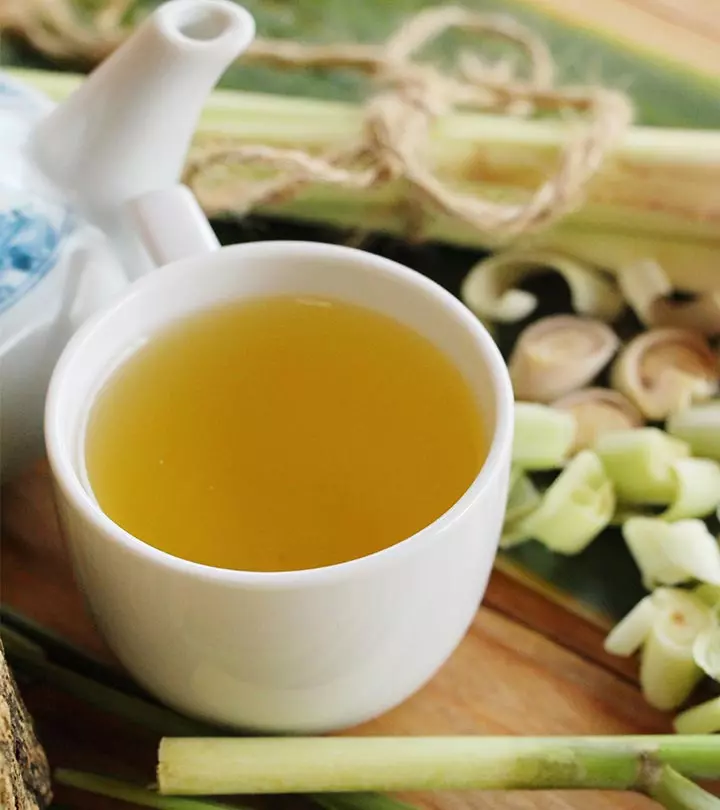
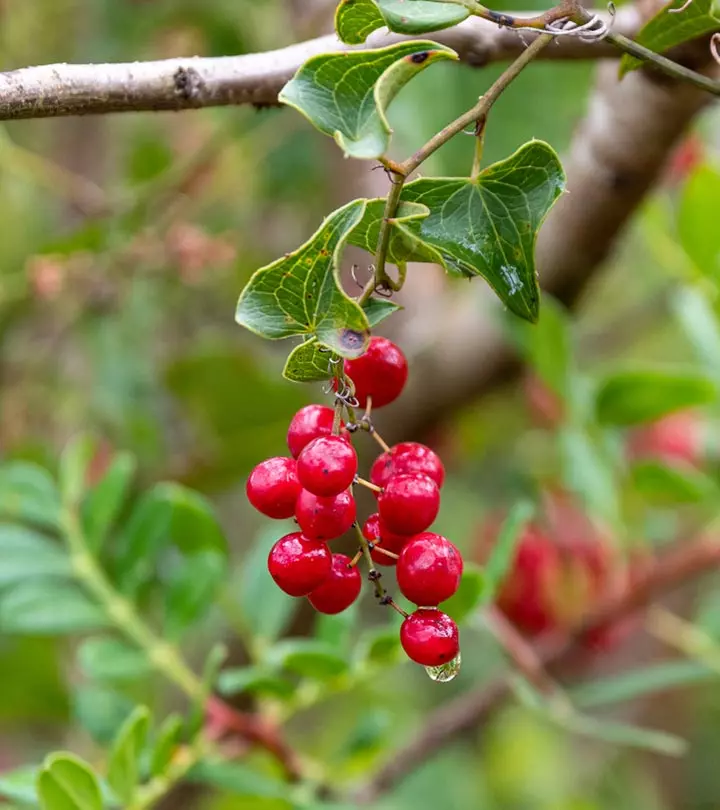
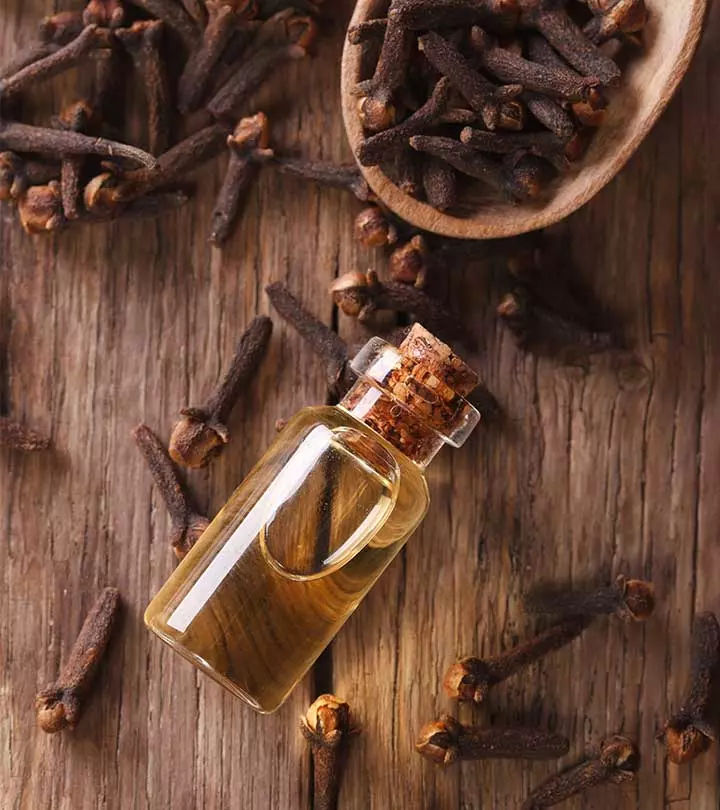
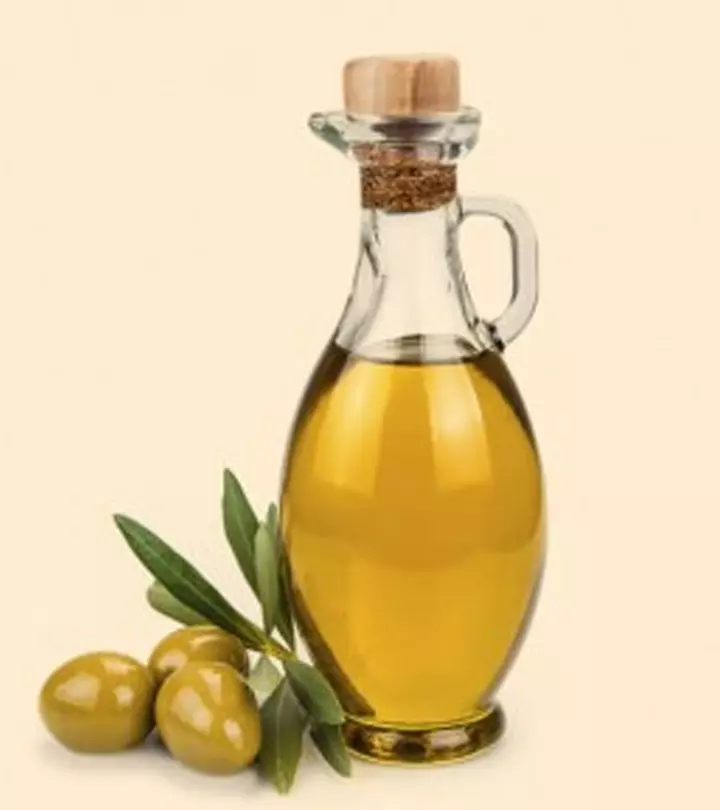
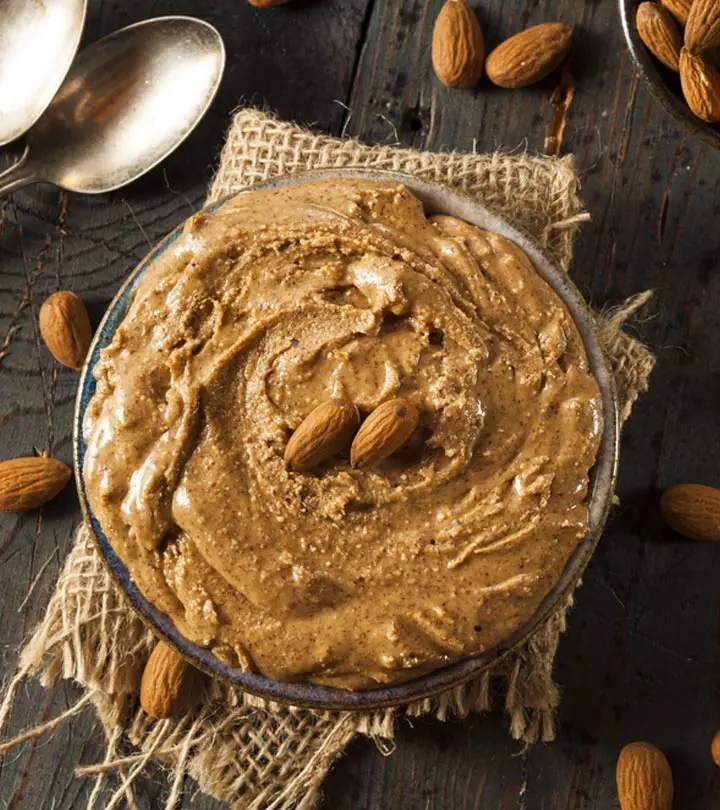

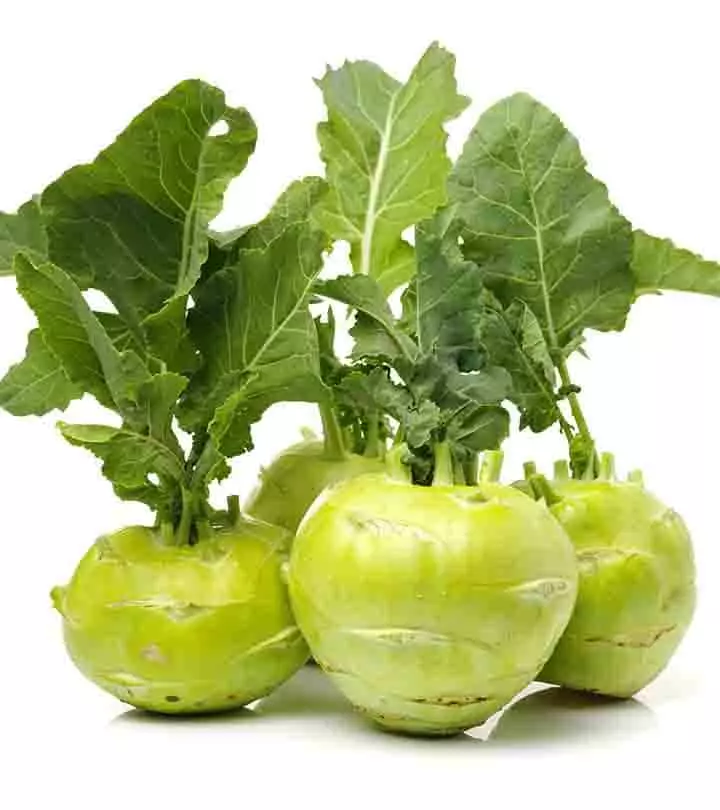

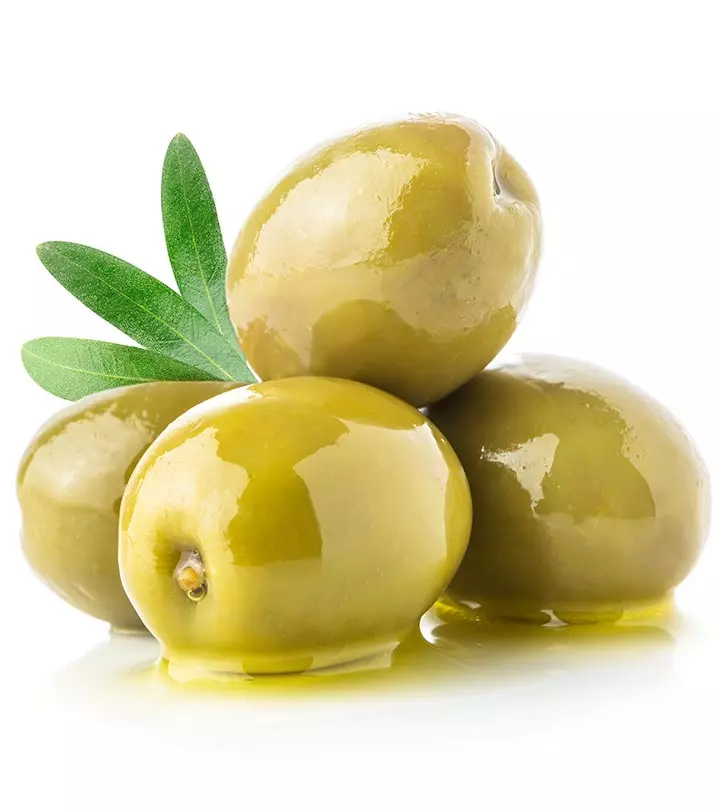
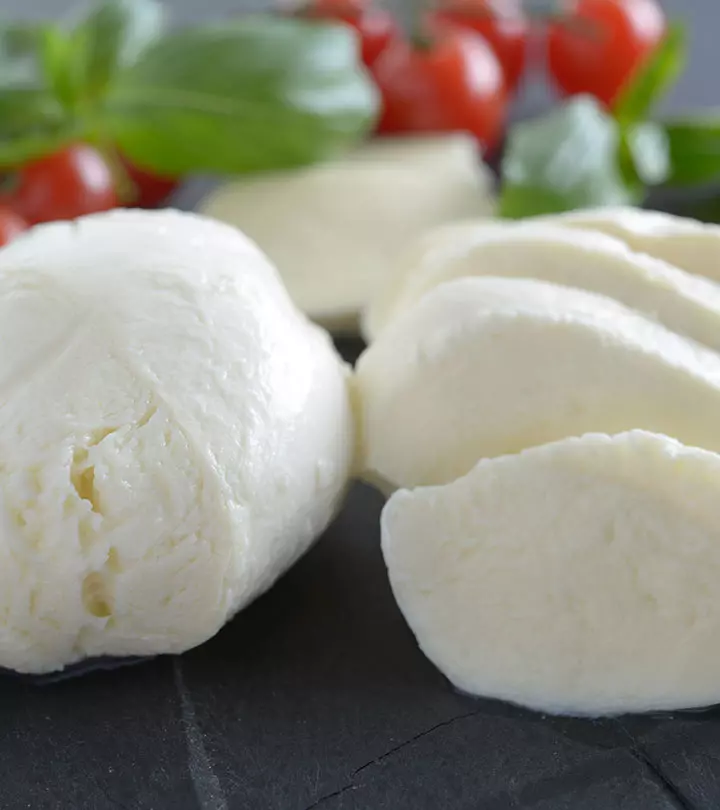
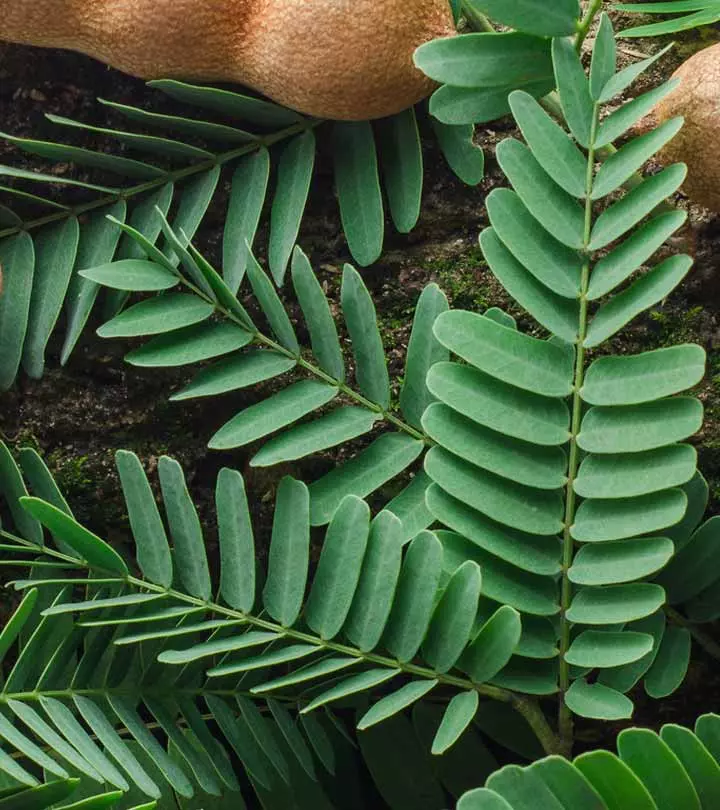

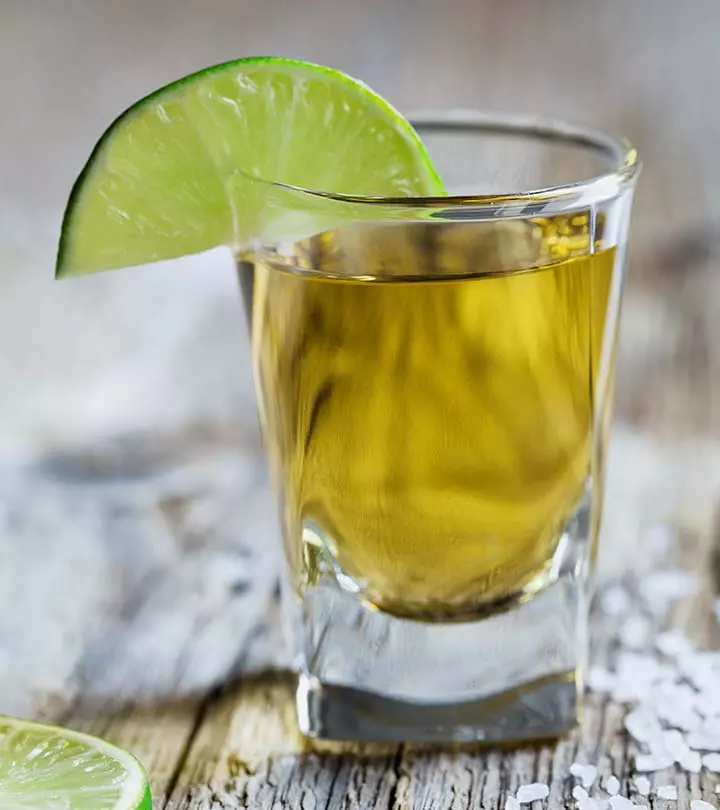
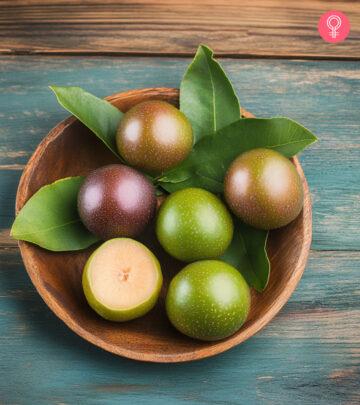
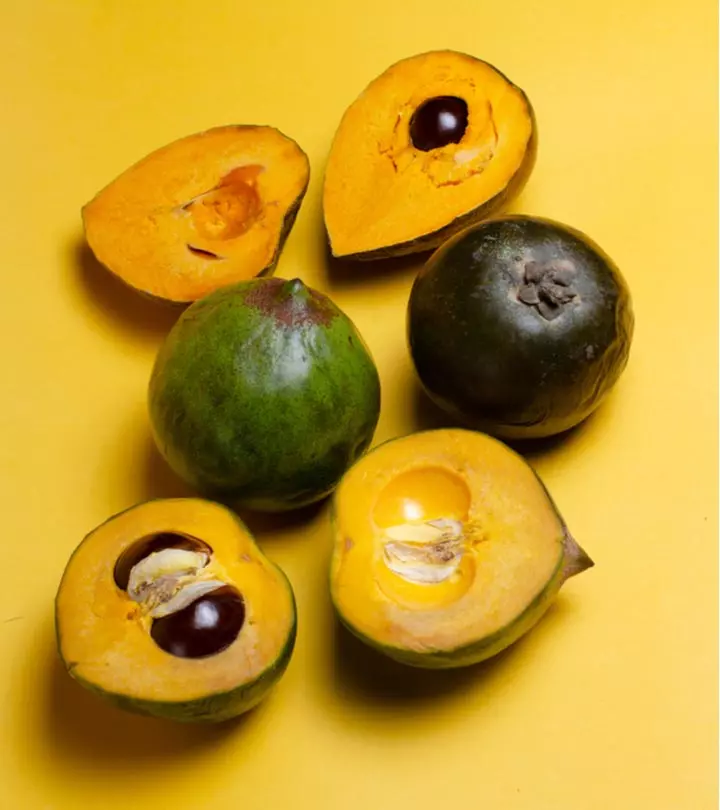
Community Experiences
Join the conversation and become a part of our empowering community! Share your stories, experiences, and insights to connect with other beauty, lifestyle, and health enthusiasts.